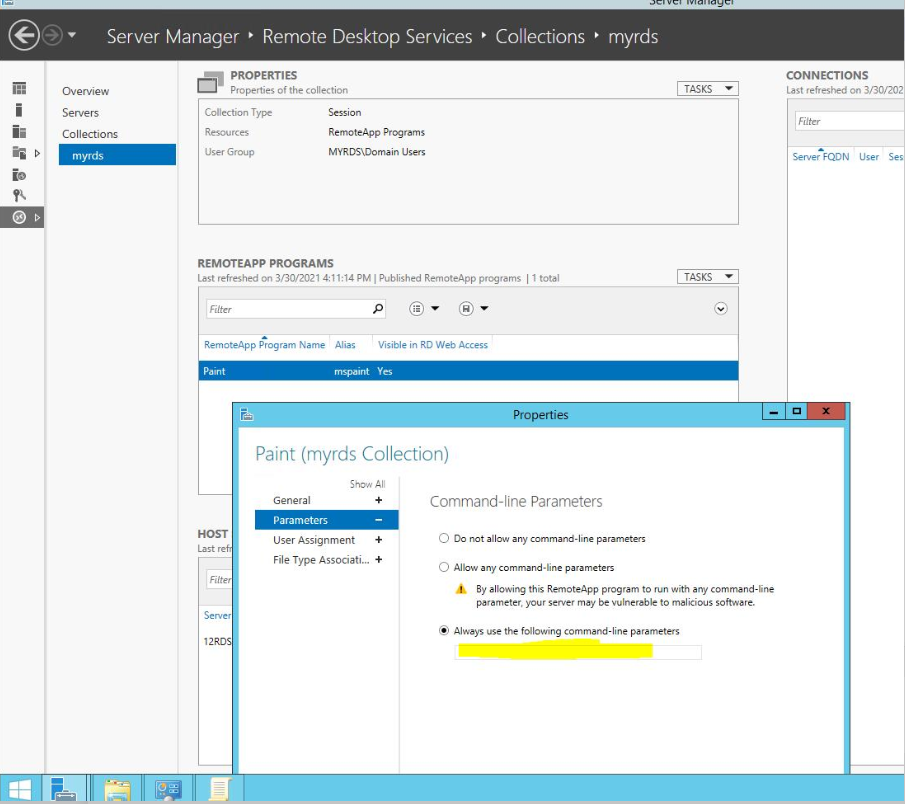This all assumes that I am the programmer of the application and can embed the logic in the program or that I have a way to capture the application beforehand.
Further research reveals that the activity I want is, indeed, required to be embedded in the application itself; it is up to the programmer of the application to provide a way to sense an existing instances of the application for the current user and prevent multiple instances; RDApp has no native capacity to block multiple instances. I was mis-informed when I assumed there was a way to do this.
I have contacted then vendor, and buried within their setup, they do have a way for me to specify that a user can have only one instance. So we are implementing that.
 ]
]